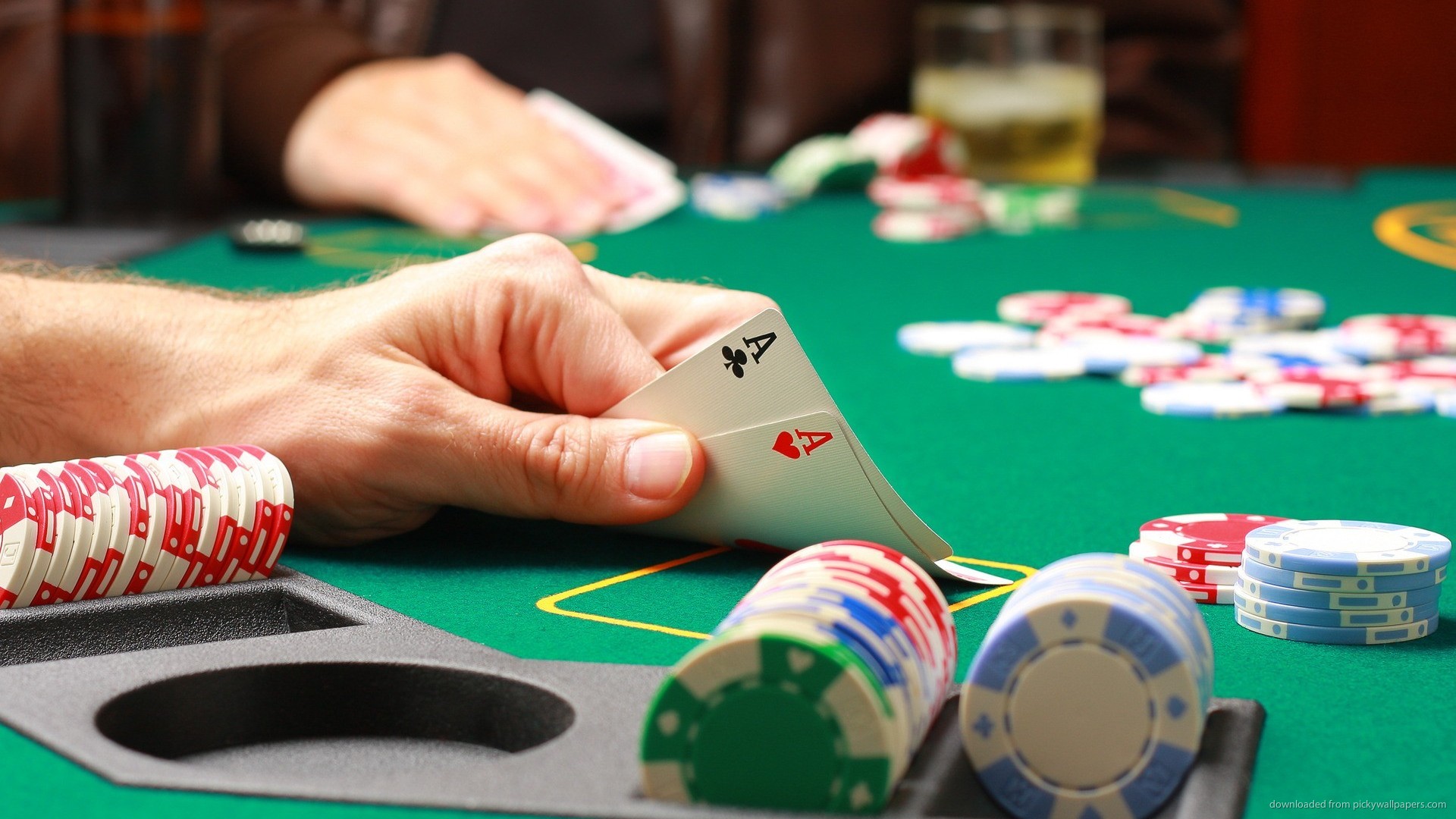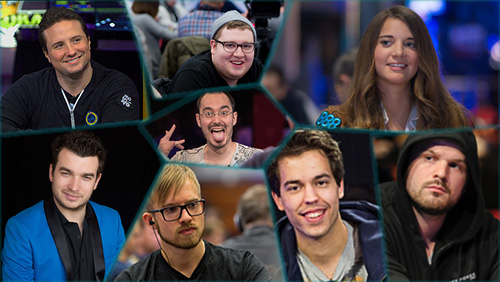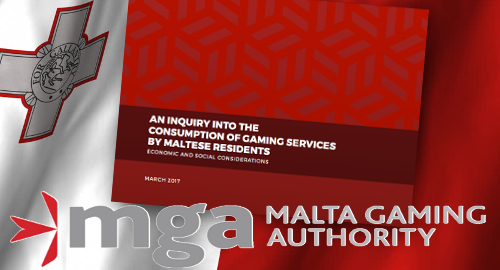Gambling proponents in Taiwan have secured a date for a new referendum, which would pave the way for casinos to be built—finally—in the country.
On Monday, Taiwanese news agency Focus Taiwan reported that Kinmen County’s Election Commission announced that a referendum would be held on October 28 to allow the residents of the island to decide whether they want to have a casino developed in their hometown.
Kinmen County Council Tsai Chun-sheng, who initiated the referendum, was able to collect 5,602 valid signatures to back up his initiative. The number of signatures that Tsai collected surpassed the 5,178, or roughly 5 percent of the total number of eligible voters, threshold set by the commission.
If all goes according to plan, this could be the third time a Taiwanese outlying island will hold a referendum on gambling after the government lifted the 15-year prohibition on gambling on the islands of Kinmen, Matsu and Penghu in September 2009.








